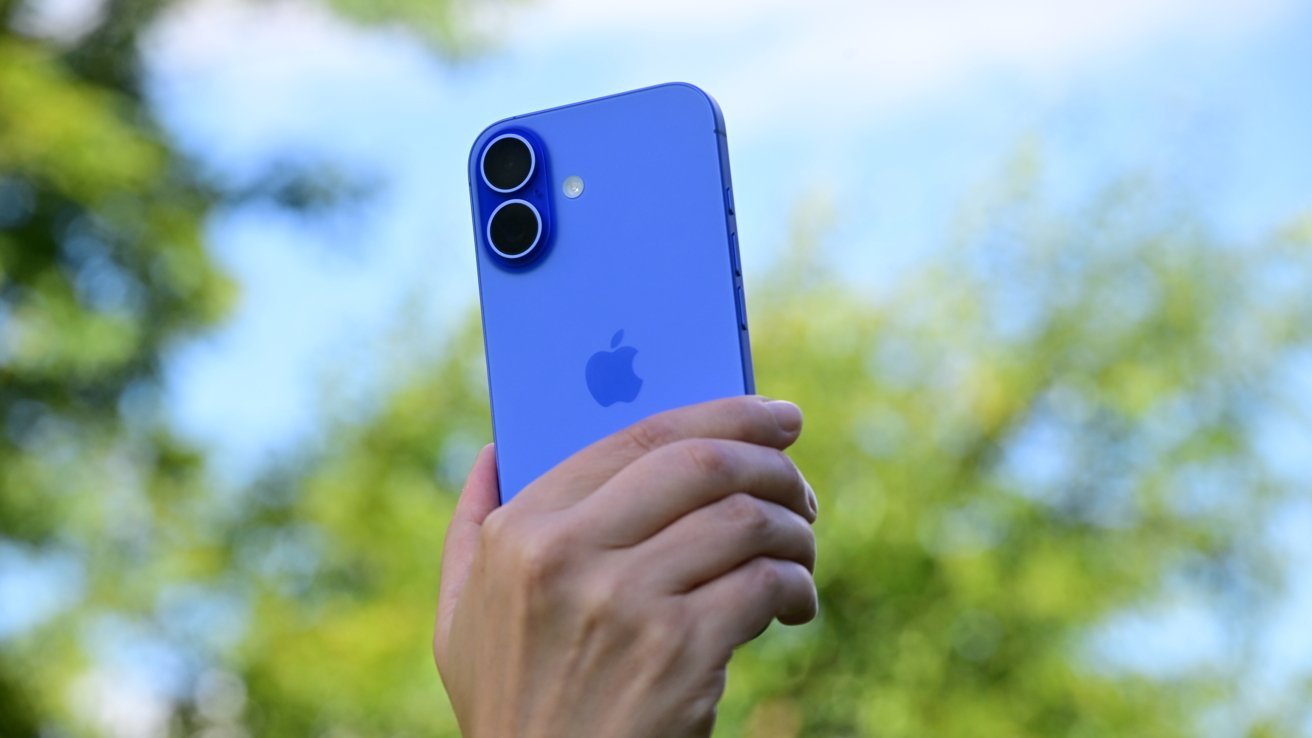A flood of panic-buying has started in anticipation of major iPhone price increases
The never-ending talk of tariffs has people rushing to buy the best iPhone that they can afford now before it becomes significantly more expensive.

iPhone users are worried about a potential price increase.
Apple's stock prices continue to suffer, as President Trump's "Liberation Day" tariffs have caused concerns for analysts and casual iPhone users alike.
According to a Bloomberg report, published on Monday, Apple's US retail locations are as busy as they usually are during holiday seasons. Employees are often asked questions about increases in iPhone pricing, but Apple has reportedly provided no instruction or guidance.
Some stores allegedly experienced higher sales over the past weekend than they did in years prior, which serves as an indication of users' concerns over a potential price hike. The overall uncertainty of the situation has seemingly left people expecting the worst outcome for end consumers, as many iPhone users are now scrambling to get ahold of new devices in anticipation of major price increases.
The panic-buying is likely to continue in the days ahead, at least until a solution is reached. Apple could opt to increase the prices across its hardware platforms, or it could pass some of the costs on to its suppliers to maintain current pricing. In any case, the company will have to find a way to tackle President Trump's latest assortment of tariffs, as they could have further consequences.
On April 2, the Trump administration introduced a series of "reciprocal" tariffs, which had an overwhelmingly negative impact on Apple and its supply chain. There's now a 10% tariff on all goods coming into the United States, while China could face a staggering 104% tariff in the immediate future.
Many worry that Apple will pass these costs onto end consumers, with one report predicting a 43% iPhone price increase in September 2025. Apple has reportedly been stock-piling its current-generation devices, and the company supposedly plans to mitigate the costs of the Trump tariffs by importing more devices from India, which has a lower 26% tariff rate.
This approach would allow Apple to maintain prices in the short term, but a long-lasting solution, such as a tariff exemption, remains a distant possibility.
An order from President Trump is the only way Apple could secure a tariff exemption, as there are no other mechanisms through which it could file a request. Unlike last time, new tariffs have been implemented through the International Emergency Economic Powers Act (IEEPA).
Though it may seem unlikely at first glance, two separate reports have indicated there's a strong possibility of talks between Apple and the Trump administration. Apple CEO Tim Cook already has an established method of dealing with President Trump, where their conversations revolve around a singular issue of great significance to Apple.
Overall, Apple will likely minimize the impact of the Trump administration's "reciprocal" tariffs through increased imports from India, and by taking advantage of existing iPhone supply chain inventory in the short term.
This means that there's ultimately no cause for immediate alarm, as an iPhone 16 price hike seems unlikely, but an increase could be on the horizon for the iPhone 17 in September 2025.
Read on AppleInsider

Comments
that entropys. If it still works perfectly why stressed it out.
Since the election stock indexes have lost 20% in wealth. Well over 10 trillion dollars in wealth has gone poof! There are people that are retired and on fixed incomes that just saw their savings take a 20% cut. But we aren't done yet, the 20% reduction in wealth was just the first step. Now, in addition to a massive loss in wealth we will all get to pay more for basic things. None of this needed to happen, there is no external force that caused this. It was all due to the decision making of a single person. But the cult members like @9secondkox2 are living in a fantasy world where this is all really great, Dear Leader can do no wrong! They spent two years complaining about inflation but cheerlead 10 trillion dollars of wealth evaporating from the economy.
why it came to this is a question we all should be asking ourselves.
People who don't vote are effectively casting a vote that matches the results of those that did vote. I know people who did not vote because they didn't like either candidate. They effectively voted for Trump.
Of course, those who believe in conspiracy theories "know" that the election was rigged, and Trump shouldn't have won at all...